The Moustached Journalist says;
Football is often more than just a game, particularly in countries like Nigeria, where the sport holds significant cultural and social importance. The Super Eagles, the Nigerian men’s senior national football team, represent a symbol of pride and unity. However, controversies are not uncommon.
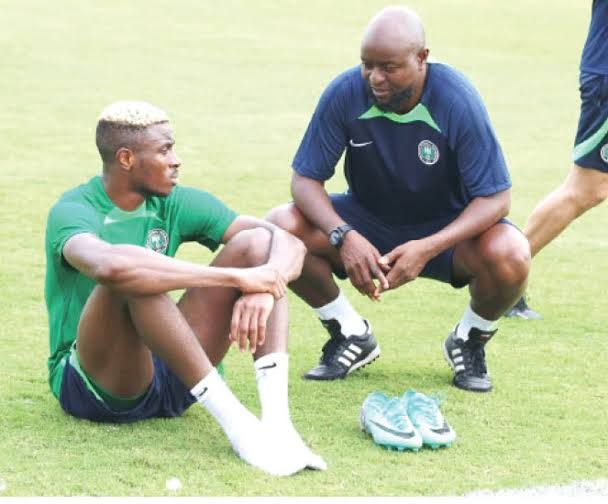
Finidi George, a name synonymous with Nigerian football excellence, resigned from his position as the Head Coach of the Super Eagles. This move comes after a series of tumultuous events and perceived demotions that have marred his tenure.
When Finidi was appointed as the gaffer of the Super Eagles, there was a wave of mixed feelings. Fans and pundits alike believed that his presence would not be considerably good enough to rejuvenate the team and bring back the glory days.
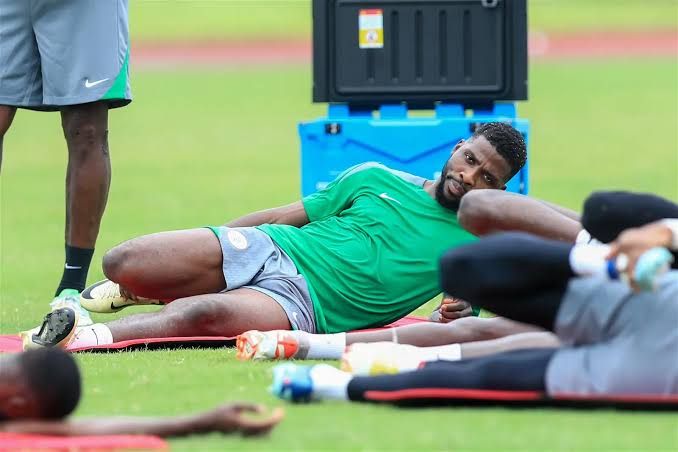
The former winger, who once dazzled on the world stage, found his coaching aspirations cut short in a manner he felt was unjust and reflective of deeper systemic issues within the Nigerian football administration.
Finidi George’s resignation was preceded by what many viewed as a clear demotion. Despite being a high-profile name and initially seen as a key figure in the coaching staff, he found his influence waning.
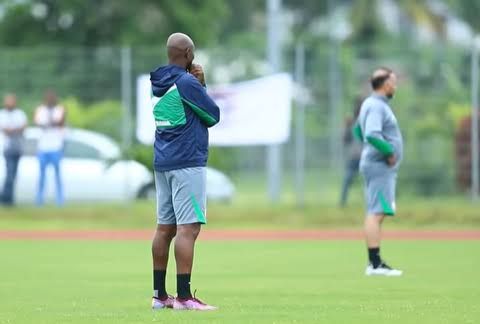
The Nigeria Football Federation (NFF) made decisions that increasingly sidelined him, culminating in his reduction to a secondary role in search of a foreign expatriate, who will often give the final say on crucial decisions.
This was barely days after a 1-1 draw and a 2-1 loss to the Bafana Bafana of South Africa and Squirrels of Benin Republic respectively in the 2026 FIFA World Cup qualifiers.
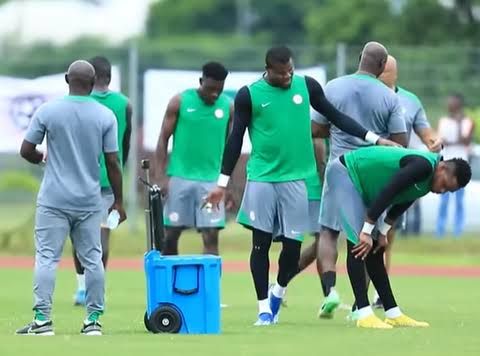
The world of football is rife with external pressures, from media criticism to fan expectations. Finidi George’s tenure was no exception. Constant media scrutiny and public debates over his competence created an environment of perpetual pressure.
The search for a foreign expatriate, reportedly with a more extensive European coaching resume seen as an immediate cause for his demotion, was viewed as the NFF’s attempt to bring a fresh perspective and perhaps more tactical acumen to the team.
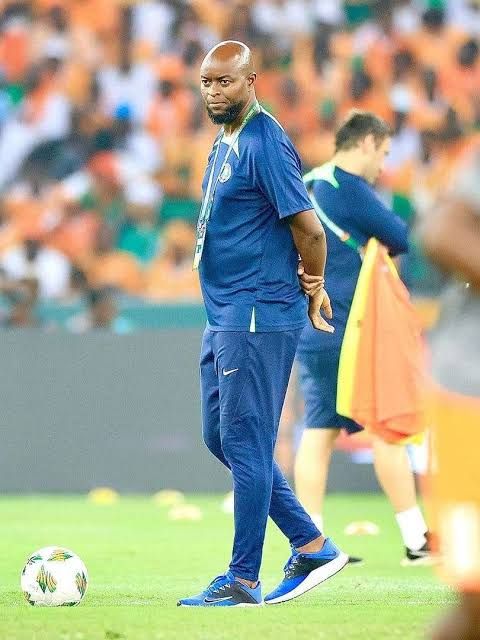
However, this relegation was seen by Finidi as a strategic move by the NFF to limit his impact and visibility. The frustration of being in a role that felt more symbolic than substantial was a primary driver behind his resignation.
The message was clear that the NFF did not fully utilize or respect his expertise, leading to his eventual exit. However, his tenure was fraught with challenges that culminated in a dramatic resignation.
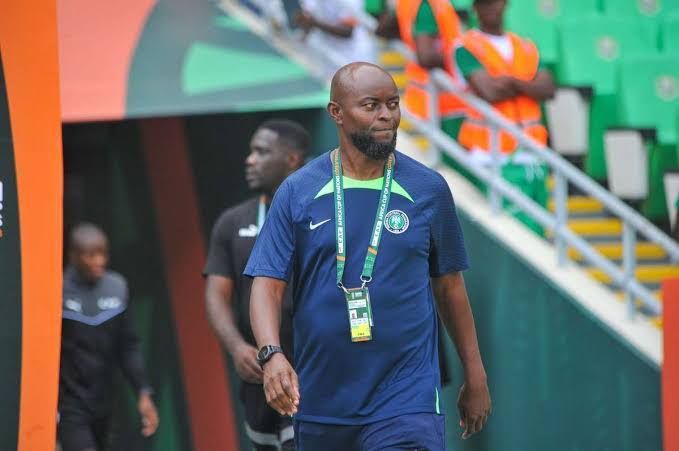
In the wake of his resignation, Finidi did not shy away from pointing fingers. His grievances were directed towards several entities and individuals within the NFF and the Super Eagles at the center of his discontent.
He accused the Federation of mismanagement and a lack of clear vision for the national team. Finidi believed that the NFF’s administrative failures and inconsistent policies were primary contributors to the team’s lackluster performances and his diminished role.
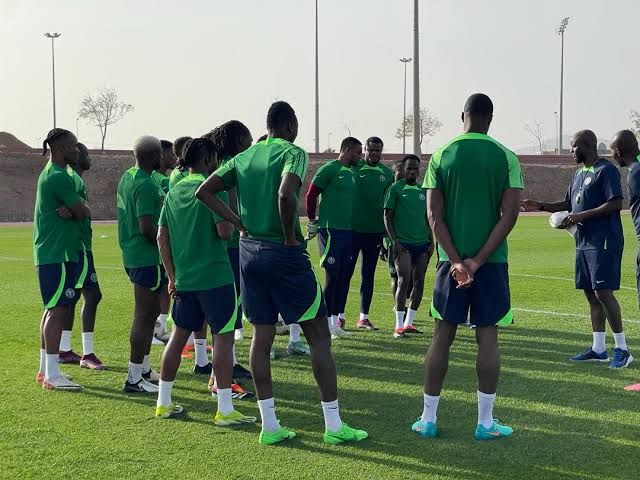
Concurrently with the resignation saga and the search for a foreign expatriate for the three-time African champions, Nigerian striker Victor Osimhen and former Super Eagles Head Coach Finidi George were at the center of a contentious debate over the alleged neglect of international call-ups.
The 25-year-old talented forward for Serie A club Napoli has been a crucial player for both his club and country. Known for his explosive pace, strength, and goal-scoring ability, the reigning Africa Men’s Best Player has rapidly become one of the continent’s most celebrated football talents.
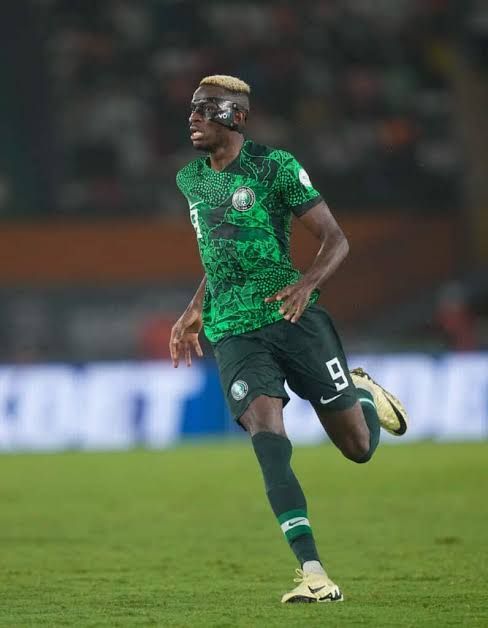
However, his journey with the Super Eagles has been recently marred by accusations of neglecting international duties. Such cases highlight the perennial dilemma faced by many top players are no news in the world of the sport
With a packed club schedule and the physical demands of the Italian top tier, Napoli has oftentimes over the years been reluctant to release him for national duties.
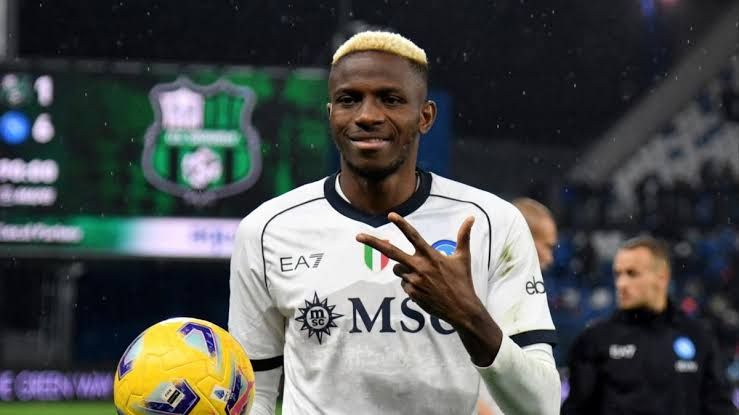
This tension became particularly evident in the build-up to the 2021 Africa Cup of Nations (AFCON) and subsequent qualifiers for the Qatar 2022 World Cup which narrowly missed out on aggregate in the Playoffs.
The Nigerian football sensation has recently found himself embroiled in a controversy regarding his commitment to the national team. Allegations have surfaced suggesting that Osimhen has been making excuses to avoid participating in the 2026 FIFA World Cup qualifiers.
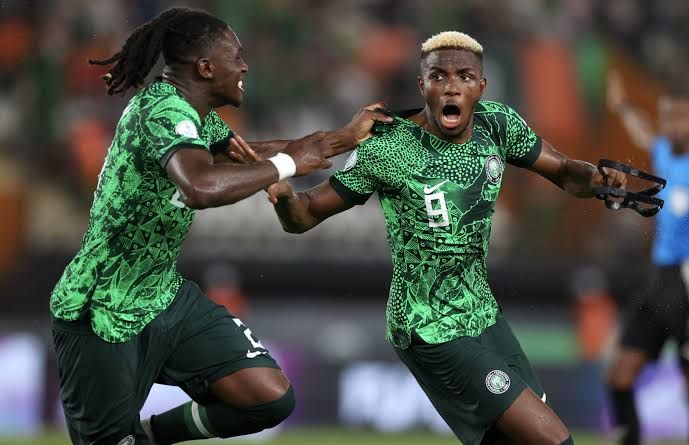
The controversy began when reports emerged suggesting that Osimhen had been reluctant to join the Nigerian squad for the World Cup qualifiers.
These reports claimed that Osimhen cited various reasons, ranging from personal issues to concerns over his physical fitness, as pretexts for not playing.
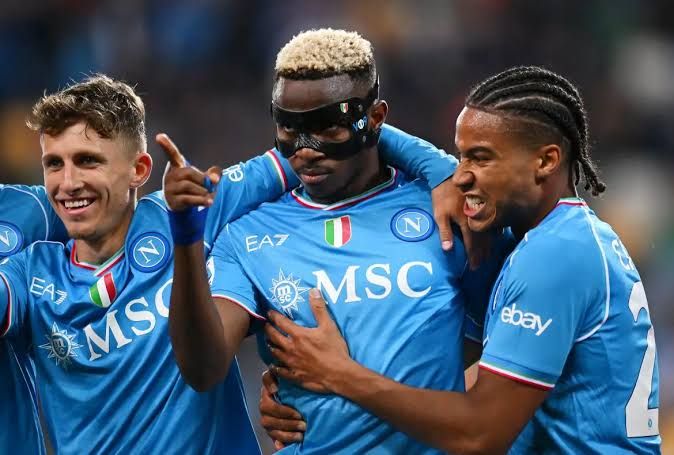
The timing of these allegations, coinciding with Nigeria’s crucial matches, has added fuel to the fire, leading to widespread speculation and debate among fans and analysts.
However, the Napoli talisman has strongly refuted these claims, providing a robust defense that sheds light on his deep-seated commitment to Nigeria’s football ambitions.
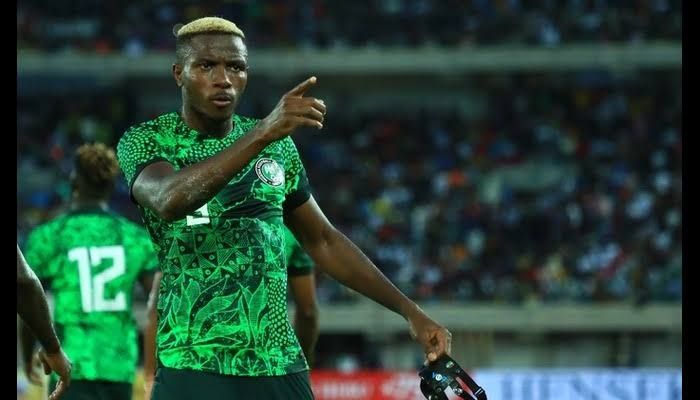
During the height of the just-concluded 2023/24 Serie A season, Osimhen allegedly picked up an ankle injury against Lecce, which forced him to miss out on Super Eagles’ preliminary qualifications against South Africa and Benin Republic.
Concerns over his fitness and the potential risk of injury have also played a role in the cautious approach by Napoli and the player himself regarding the above international call-ups.
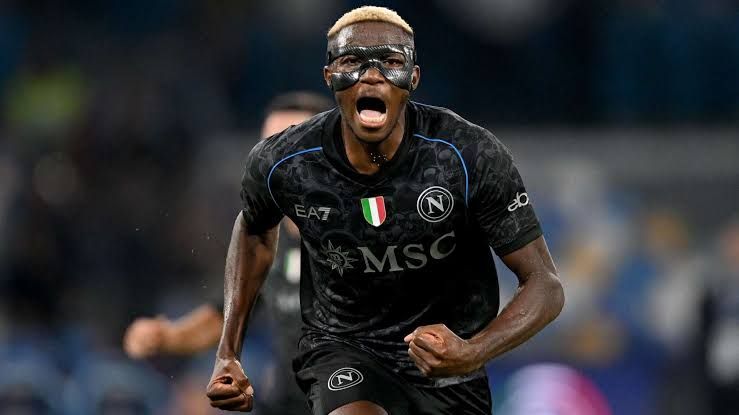
In one of his recent live on his official Instagram handle, he claimed that he flew over to Germany immediately after their last Serie A encounter to attend to the injury. This was after he had ranted disparagingly on those he deemed fit were responsible for the accusations.
Osimhen has repeatedly expressed his commitment to the Super Eagles, emphasizing his pride in representing Nigeria. However, his decisions to sometimes prioritize his private responsibilities over national duties have sparked debates among fans and pundits alike.
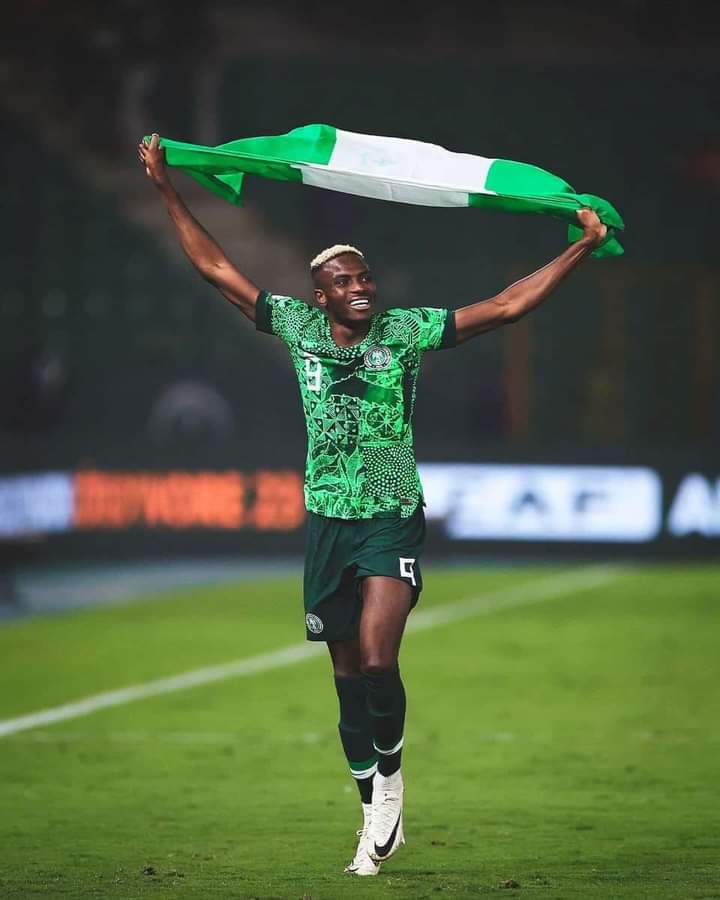
He insists that his choices are often influenced by his desire to maintain peak performance and avoid injury, ensuring he can contribute effectively when called upon.
With Finidi George, an ex-Super Eagles and one of Nigeria’s most iconic players, taking up the coaching role with the national team with high expectations.
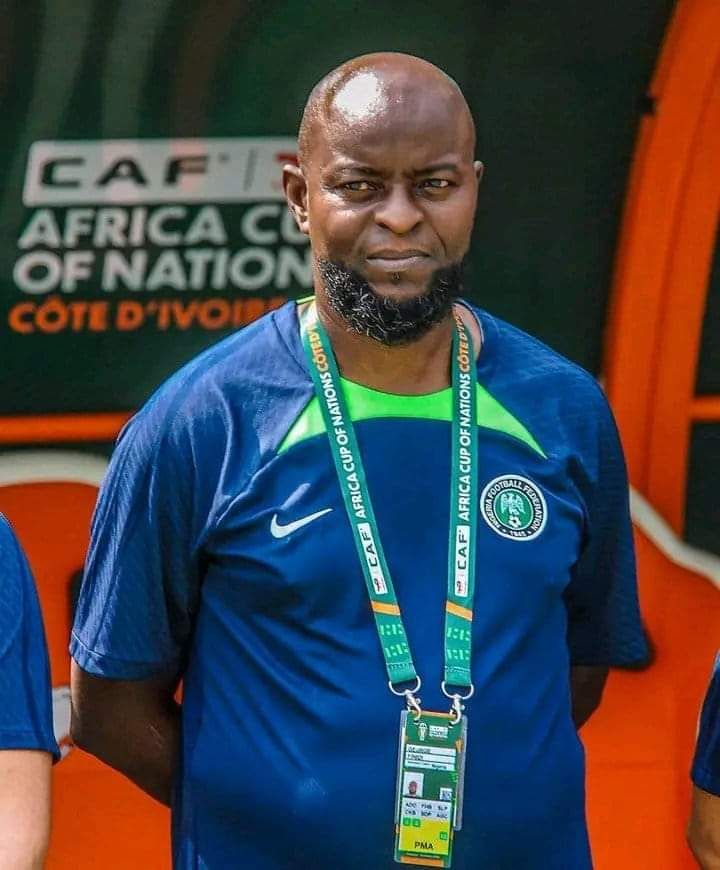
His tenure, however, was marked by controversies, including allegations of incompetence, inadequate tactical know-how, team mismanagement, and neglecting communication with key players to mention but a few.
Under Finidi’s leadership, there were instances where players were reportedly left out or not called up without adequate reasons. Critics argue that his handling of these situations has strained relationships with some of Nigeria’s top stakeholders and talents.
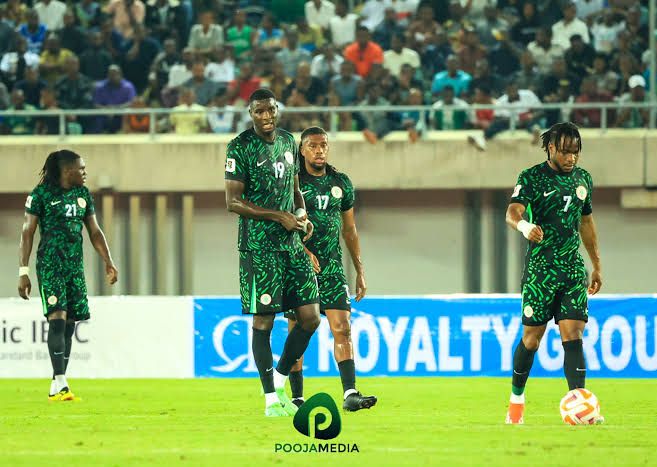
The accusation is that Finidi failed to manage the dynamics between the national team’s philosophy and continuing with the recent success and renewed improvement seen effectively.
In the aftermath of his resignation, Finidi George has defended his decisions, citing the challenges of his short-lived national assignment amidst a hostile reception towards hands-free control of the team and unnecessary interference.
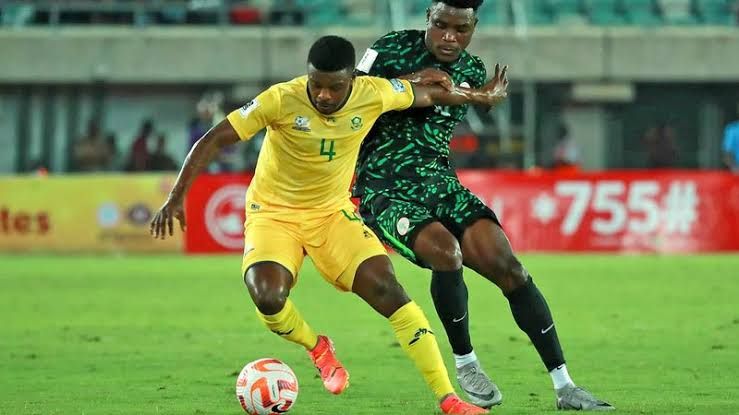
He argues that logistical difficulties and the need to make quick, tactical decisions sometimes lead to misunderstandings. Finidi has also emphasized that his focus was always on fielding the best team available and ensuring that the Super Eagles remained competitive.
Finidi George’s resignation shines a light on the broader issues plaguing Nigerian football. The Super Eagles, a team with a rich history and immense potential, are often caught in a web of administrative inefficiency and mismanagement.
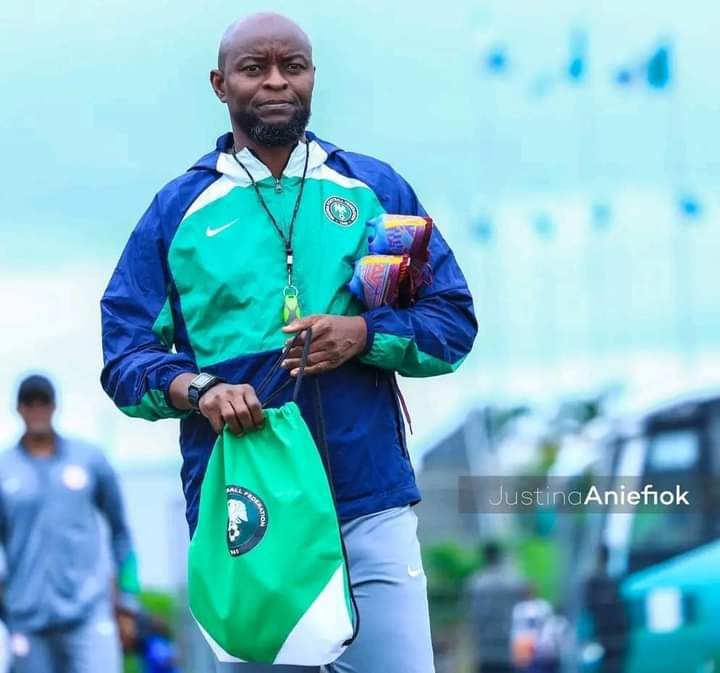
The revolving door of coaches and inconsistent team performances are symptoms of deeper systemic problems.
His departure calls for introspection within the NFF and among stakeholders in Nigerian football. It underscores the need for a more coherent strategy, better management practices, and an environment where talented coaches and players can thrive without the shadow of internal politics and mismanagement.
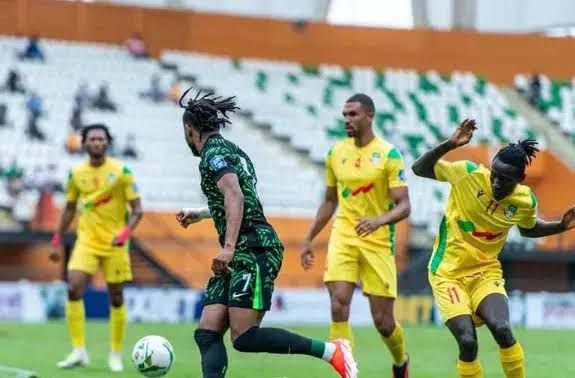
Finidi’s tenure brought to light the complex interplay between national and professional obligations. The accusations against him highlight a systemic issue within Nigerian football — the need for clearer communication and more strategic planning regarding the handling of the country’s national football teams at all cadres.
As the team moves forward, perhaps, there is hope that lessons will be learned from his departure and that the structural issues he highlighted will be addressed to prevent further erosion of the legacy he and his peers worked so hard to build.
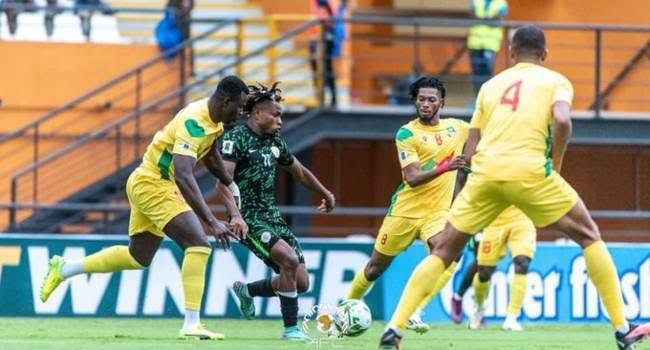
The Super Eagles’ future remains uncertain, but Finidi’s story serves as a clarion call for change and reform. Whether these calls will be heeded remains to be seen, but one thing is clear Nigerian football cannot afford to lose more talents to the failings of its systems.
This situation also underscores the importance of aligning the interests of players, coaches, and football associations.
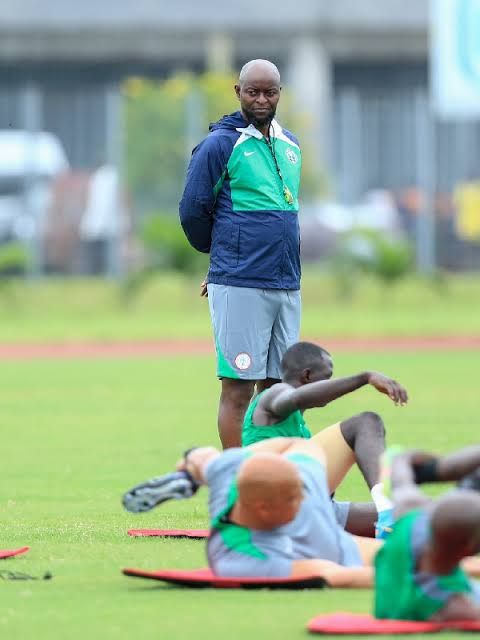
The controversy involving Victor Osimhen and Finidi George was just a makeshift to further subdue his failure with the Super Eagles, but it is particularly acute given a coach with an interrupted work life and relevant support to ensure the team succeeds.
As for Osimhen, he can do better with his expressivity as a professional athlete rather than the rascality we saw him depicted. He ought to tender a public apology to the Nigerian football community at large for his blatant and disrespectful mannerisms. However, the truth remains that he would not have acted in such an indescribable demeanor if it were to be at his club side.
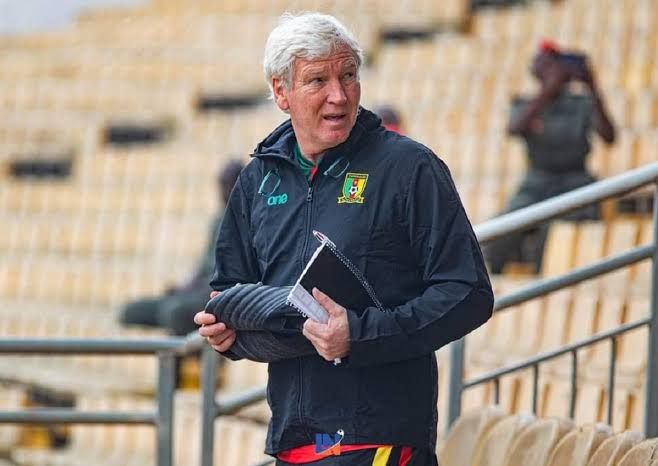
Meanwhile, a Belgian Newspaper Het Nieuwsbald reportedly stated that the NFF has approached the Cameronian men’s senior national football team coach, Marc Brys about emerging as Finidi George’s successor.
Having surfaced as a surprise contender for the vacant managerial position of the Super Eagles, the 62-year-old Belgian tactician who was at loggerhead with the President of Fédération Camerounaise de Football (FECAFOOT) Samuel Eto’o has dismissed the speculation linking him to the Nigeria job.
